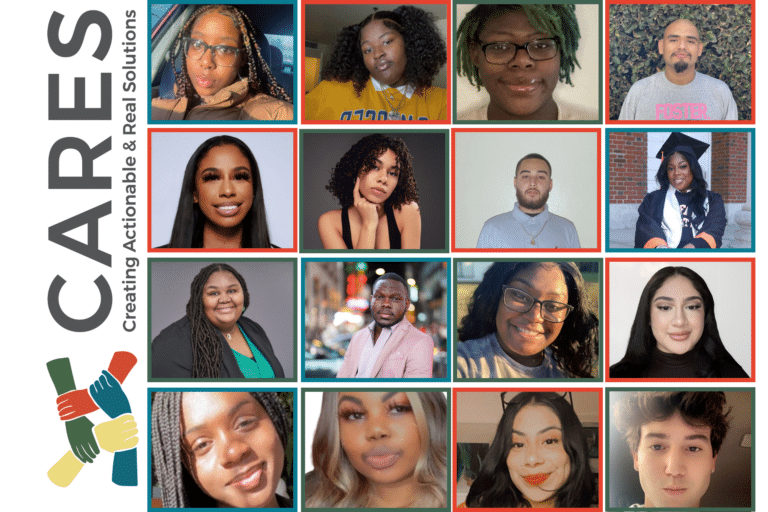Results and Desired Outcomes
Our work has resulted in improved outcomes for children and youth including:
- Development and implementation of Strengthening Families and Youth Thrive frameworks across the country
- Advancing the Family First Prevention Services Act
- Influencing federal guidance for the Adoption and Foster Care Analysis and Reporting System (AFCARS)
- Serving LGBTQIA+ youth and expectant and parenting youth (EPY)
- Engaging youth in the federal legislative process
- Increased rates of family reunification, guardianship and adoption, and decreased use of congregate care
- Improved health and education outcomes
We have also supported improvements in agency performance that include:
- Qualified workforces with reduced staff caseloads.
- Case practice models.
- Staff trained in best practices.
- Agencies developing strategies for improving services to expectant and parenting and LGBTQ+ youth.
- Systems using improved data and continuous quality improvement to monitor their progress
- Using the Institutional Analysis methodology to determine how systems are organized to get the results they are experiencing
How We Do It
All of our child welfare work is grounded in learning from and partnering closely with parents and youth, because policies work better when they are designed together with the families they are intended to serve. We work in partnership with public agencies, private providers, elected officials, parents, youth, judges, advocates, and a broad range of community-based organizations and advocates to develop, test, and promote approaches that help improve child welfare policy and practice to promote health, well-being, and autonomy for children and families.
We provide leadership and expertise at the national, state, and community level—identifying, developing, and advancing innovative policy solutions that keep families together, promote reunification, and support older youth transitioning from care to their communities.
Our child welfare work is also shaped by our close partnerships with system leaders and community organizations, which enables us to connect policy to practice—taking lessons from the local level to advance policies at the national level—and supporting the equitable implementation of policies.
These diverse and deep partnerships are evident across our child welfare work, which ranges from: the CARES Initiative where we work with transition-age youth to advance policy that reimagines how policy supports young people; our work in state child welfare systems where we work with system partners to transform how they support children and families in their communities, including the implementation of prevention services; our research and partnership with community-based organizations to advance culturally-responsive services; our technical assistance work with child welfare systems who are involved in litigation; our getREAL initiative where we work to advance policies that affirm and support the intersecting identities and healthy development of LGBTQIA+ youth; and our Strengthening Families and Youth Thrive initiatives where we work with systems and communities to integrate protective and promotive factors.











